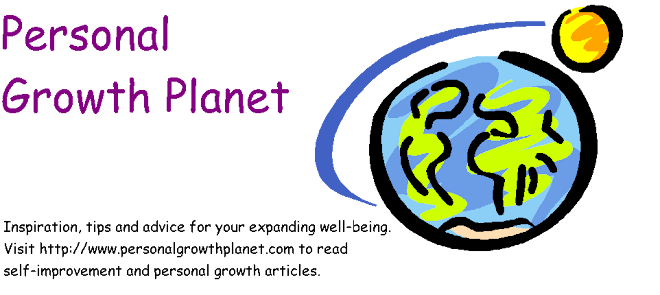 By Amy Phillips-Gary
By Amy Phillips-Gary Being brought up a Methodist, I listened to many Christian teachings in church about how vital it is to forgive.
Each Sunday we asked to be “forgiven for our trespasses” and were also taught that God forgives each one of us for our sins; that Jesus died for our sins was certainly made clear over and over again.
We were all supposed to follow Jesus' and God's examples and forgive.
The beliefs I formed about forgiveness were rooted in the notion that one person (or group) is to blame for whatever “bad” thing has happened and that the forgiver is undertaking a very selfless act.
To me, forgiveness came off as quite a lofty action. It is a gesture of grace extended to the person who was “wrong” or hurtful.
Unfortunately, beliefs like this about forgiveness did not encourage me to actually do it.
What I retained from my years as a Methodist are not necessarily the way all Christians believe-- and they aren't necessarily good, bad, right or wrong. This article is not meant to be a critique of Christianity or any particular religious teaching.
The point here is to take a closer look at how my previous beliefs about forgiveness-- which might be similar to yours-- kept me stuck in the pain of the past.
From that place of awareness, we all can then open up to releasing and clearing the past and moving ahead toward the lives we want for ourselves and our world.
The Forgiveness Tradition Deconstructed
There are certainly elements of wrongfulness and shame linked to forgiveness in its predominant understanding.
A clear "bad" person and “good” person are involved in whatever happened-- a perpetrator and a victim. There can be something secretly gratifying about pointing a finger of blame at another person who cowers in his or her “wickedness” in a corner somewhere.
Especially if you are hurting and the actions or words of this other person were directly linked to your pain, blaming and then granting forgiveness can seem very powerful-- in a (dare I admit this?) self-righteous way.
The only problem is, the facade of power can become alluring. The focus can become limited to the “bad” actions and the damage that seemed to result instead of on truly letting go.
Unfortunately, this focus leaves us caught up in the past.
Another block to forgiveness also plays out as resistance to letting go.
To forgive might be a Godly act, but it can appear that someone “gets away” with whatever the harmful behavior was as a result. Anyone who has ever experienced hurt or betrayal knows how important it can feel for your difficult experience to be validated and acknowledged.
There is nothing wrong with standing up and declaring “I was hurt” or “This is not okay with me.”
The trouble lies in the intense attachment to the painful event. This not only stands in the way of forgiveness, it cements all involved-- including the person who feels hurt-- in the past.
A Re-Fa shioning of Forgiveness
shioning of Forgiveness
For the time being, set aside everything you might believe about forgiveness. I know, this can seem difficult but give it a try anyway.
Ask yourself which is more important to you: Continuing to re-experience and solidify the pain and the past or clearing yourself so that you can live more fully in the present as you create a freer and happier future for yourself?
It can be as simple as asking questions like this.
Keep this priority at the forefront of your consciousness as you decide your next step toward forgiveness.
You can practice forgiveness on a moment-by-moment basis. Tune in to what you need right now. Acknowledge what's true for you and make the completions you are drawn towards.
Above all, love yourself enough to forgive and release.
You might find it helpful to create some affirmations. For example: “I love myself enough to release the past and open up to my desired future. I easily forgive others and myself.”
Find words that positively resonate for you and keep you lined up with what you want. Write them down and speak them aloud as often as you need to.
When it comes down to it, forgiveness has very little to do with any other person but you yourself. It is an assertion that you are ready to release the pain and torment and begin to live the life you want to live.
Forgiveness is truly a gift you give to you. It is a deeply empowering and self-centered-- in a wonderful way-- kind of act.













